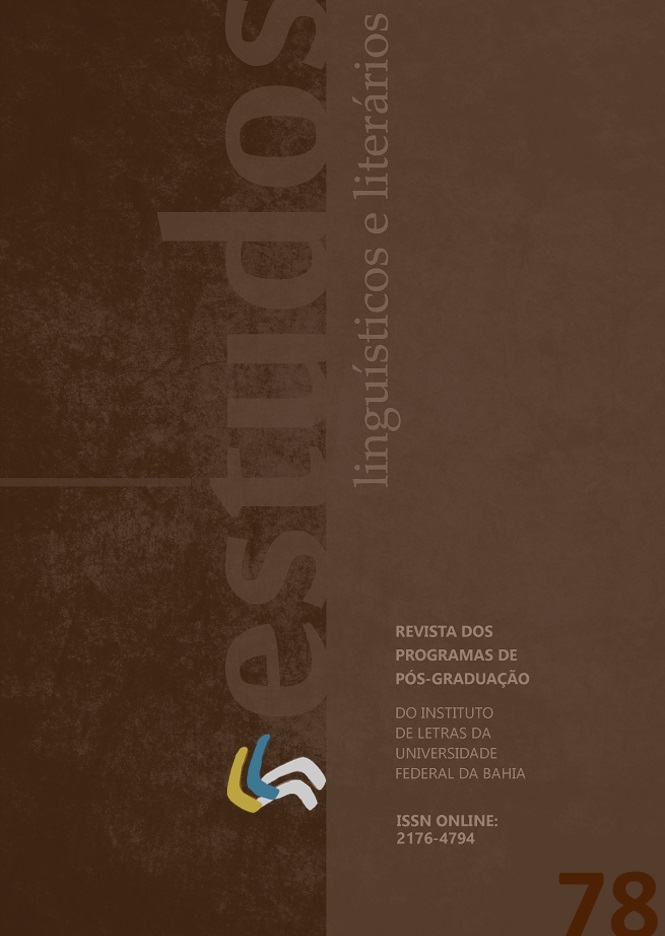THE NOVEL FORM IN VERGA E D’ANNUNZIO
NARRATIVE STRATEGIES IN MASTRO-DON GESUALDO AND IN IL PIACERE
DOI:
https://doi.org/10.9771/ell.v0i78.53926Abstract
With this article we proposed to compare two Italian novels both published by the same publisher in the same year. The two novels are, respectively, Il Piacere by Gabriele d’Annunzio and Mastro-don Gesualdo by Giovanni Verga. The comparison between two authors, although so different, shows how the same literary genre, the novel, can give voice to very different sensibilities expressed narratologically by the narrator. In fact, in the novel, it is entrusted with the function of conveying, together with the point of view and the language, also a precise ideology and vision of the world. The comparison between the two texts aims, through linguistic and narratological analysis, to show the implications of the narrator, of his perspective and his language, therefore his position with respect to the characters and the story narrated. We will see how often the use of the same techniques is employed with non-coinciding purposes depending on the aesthetic conception implied.


